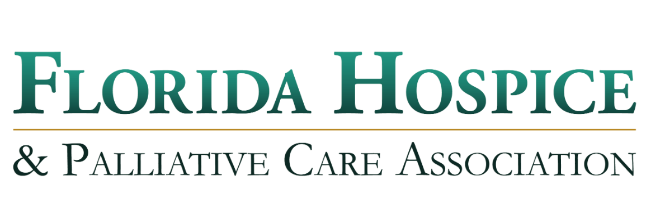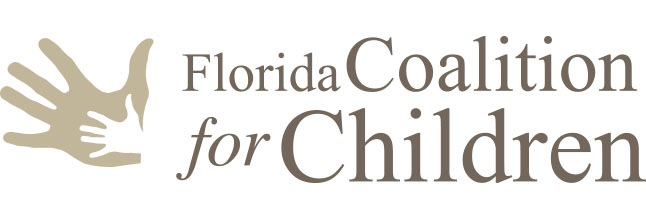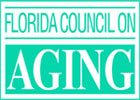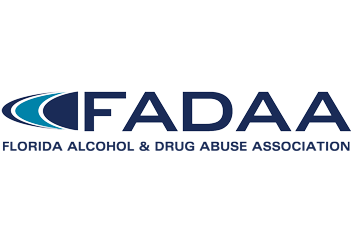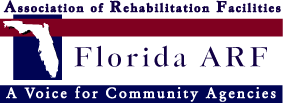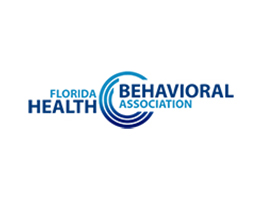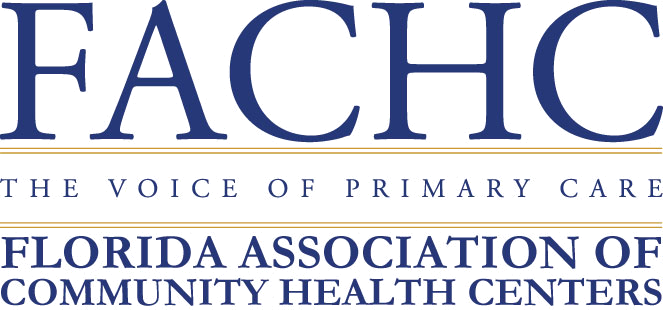On occasions staff members of an organisation ask the question – where do we go when we see that our organisation is not doing what it claims to do? Or on occasion, a donor has concern that the funding provided is not being used appropriately. Unfortunately, there are non-profit organisations that have public benefit status that are not meeting their obligations. The question is then, what is the line of accountability and where does the buck stop?
There are parallels between non-profits and commercial entities, but when it comes to accountability, shareholders generally have significant self-interest in ensuring that governance is held to account (that does not mean that things cannot go awry as they did with Steinhoff).
In the non-profit sector, however, people are not always vigilant, and the focus is usually on outcomes or impact rather than governance. As a result, we have recently had many questions relating to non-profit governance, the choice of board members who are often self-appointed and personally closely linked to the founder or leader.
When people establish a non-profit it is very difficult to identify and attract board members as there is generally no payment for their services, but ultimately this can lead to dysfunctional, apathetic and sometimes totally absent board members. On the other hand, enthusiastic board members can confuse their roles with management and there are no boundaries set as to what governance roles are and what management roles are. This can be very undermining for an organisational director, especially when board members give direct instructions to staff who are confused as to whom they report.
There are some guiding documents relating to non-profit governance including the King IV report and the Independent Code of Governance for the Non-Profit Organisations in South Africa that was developed for and by the sector in 2011 and can be found here. A number of organizations have subscribed to the Code and could be held accountable by interested parties in line with the principles enshrined in that code.
South Africa has a burgeoning non-profit sector, close to 200,000 organisations are now registered with the NPO Directorate in the Department of Social Development. The primary role of the directorate is to administer the register of non-profit organisations and it does provide guidelines on how to register. Unfortunately, it does not carefully review the founding documents of organisations in any critical way and as a result South Africa has thousands of organisations with inadequate founding documents that do not clearly provide clarity around purpose and governance systems. As a result, the issue of accountability becomes extremely difficult.
Other countries have established some kind of accountability mechanisms. For example, the Charities Commission exists in the United Kingdom and it “regulates and registers charities in England and Wales. It produces guidance for trustees on how they should meet their legal duties and responsibilities”. It provides general oversight and can exercise powers in the public interest. There is an email address where whistle-blowers can alert the commission in cases of illegal activity, fraud, injustice, harm to people, personal profiteering or gain, or even activity that affects the organization’s reputation and the public trust. There is also a fund-raising commission where the public can complain about misrepresentation or dishonest advertising by a non-profit organization.
The question in South Africa is whether government should establish some kind of body that plays a similar role. Our Constitution guarantees the right to freedom of association and it is under this clause that citizens organise themselves to advance various causes. However, any kind of control by government could be contentious and for some organisations there could be significant risk that if government objected to their activities, they could be legally tied up for years by a tribunal with complex processes that would impact on their ability to undertake their work.
Who then are the constituencies that have an interest in the non-profit sector and to whom are boards accountable? These could include the intended beneficiaries/partners; employees; the South African Revenue Service if the organisation has the privilege of tax exemption status; members of the organisation if it is a voluntary association; other organisations working in the same sector with whom partnerships may exist; the Department of Social Development where many non-profits are formally registered; and finally donors to the organisation who have contributed financially to its existence.
In the absence of any oversight provided by special legislation, the question then is how are the above different interest groups represented? Currently there should be some oversight by the NPO Directorate in the Department of Social Development, but it is under-resourced and barely able to cope with the hundreds of registrations and other standard reporting requirements set down in the legislation such as annual reports and financial statements.
Increasingly, donors are questioning the lack of oversight of the sector with questions about how to prevent financial abuse in particular, although other issues have emerged such as the poor levels of governance when it comes to sexual harassment, nepotism and conflicts of interest. Trusts and non-profit companies often have self-appointed boards and, unlike voluntary associations, are not answerable to members. In addition, a non-profit that breaks the public trust, has an effect on other organisations in the whole sector and reduces the capacity of other organisations to raise money, for example.
Is there then a need for a well-resourced statutory body that is adequately independent from government and other special interest groups that can be trusted with powers to intervene, but also allowing for the courts to review decisions? On the other hand, what if the non-profit sector itself initiated the establishment of an oversight body independently funded and to which organisations could voluntarily associate?
This would be similar to the Press Council and there are examples of self-regulation in other industries. Could such a Council or even an ombudsman assist in building public trust in order to protect and enhance the status of the non-profit sector? In time,
Author: Shelagh Gastrow
Source: Daily Maverick


